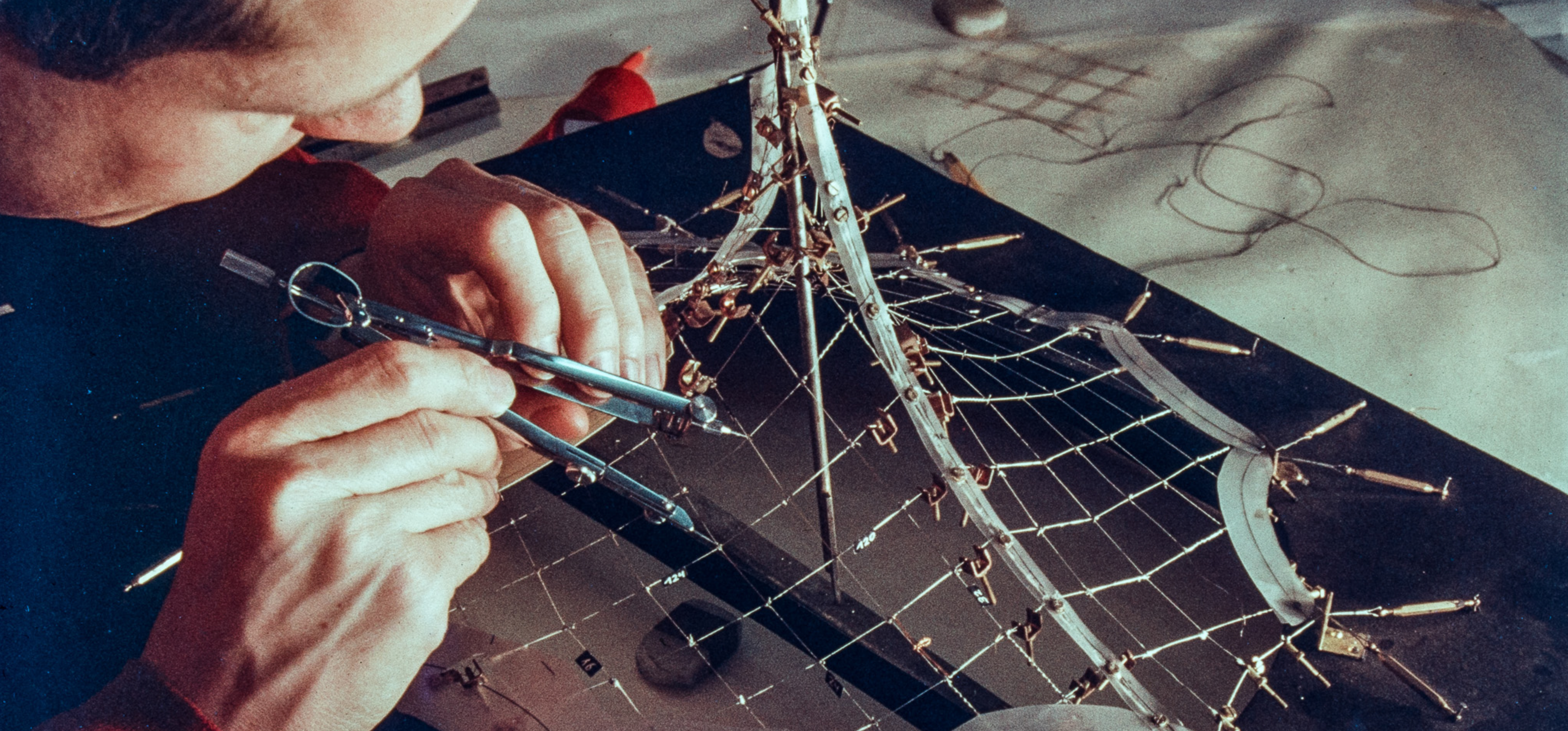Building Knowledge
Building Knowledge focuses on the reconceptualization of the building and the repositioning of architecture in the age of New Technology through critical thinking, analysis, and the integration of knowledge in both education and research. The leading question that drives the research activities of Building Knowledge is: What role do architecture and the architectural profession play in the emerging discussion about technological innovation and its interplay with societal and environmental urgencies?

Architectural design veers between expansive urban mappings and intricate micro-material studies. Building Knowledge aims to recharge the building scale in the architectural landscape. Rather than seeing the traditional building become obsolete amidst sprawling communication networks, the section proposes a rediscovery of the architectural project at the building scale, yet under completely new technological conditions. Contemporary notions such as intelligent design systems, sensor environments, material passports, digital twins and open data have surged to prominence. Edifices and human bodies have evolved into living reservoirs of data, granting real-time knowledge into how we engage with and perceive our surroundings. Buildings have transcended their role as mere shelter or representation. They have morphed into dynamic assemblages, where signs generate further signs, positioning buildings as promising data repositories for the future. The building is also interconnected in its material qualities: from the emergent extraction critique, a temporary constellation within the flow of raw and processed materials, to recycle and demountable building concepts.
Building Knowledge gathers the research activities of three academic groups that reflect on, learn from and co-create with practice knowledge: Design, Data, and Society (DDS), Complex Projects (CP) and Architecture Archives of the Future (AAF).
Data has operationalised our knowledge about space and time, people, materials, buildings, cities and landscapes, and has, in a sense, become a medium of integration, converging models, media, and methods from different disciplines and scales. DDS investigates the meaning of design in a society that seeks its balance between the datafication of all areas of life and urgent environmental issues.
The increase in data producers in the fields of city planning and architecture has led to a proliferation of stakeholders. They bring new perspectives on urban realities, such as informal uses, mobility behaviours, ecological concerns for biodiversity, and local climatic conditions. These perspectives add complexity to architectural design and re-interrogate traditional approaches. CP investigates the methods and tools allowing actors to connect, contribute and manage the complexity of the integrated architectural design.
A key site of building knowledge concerns architectural archives, which currently undergo a revolution under the impact of digital technologies, making them part of new networks of dissemination and knowledge production. AAF looks into the role of archives, exhibitions, discourse and design practice. To this end, a special research collaboration with the Nieuwe Instituut, which holds the Dutch national collection of architecture and urban planning, has been established through the Jaap Bakema Study Centre programme.
Members
Research staff:
- Henriette Bier
- Alejandro Campos Uribe
- Olindo Caso
- Esther Gramsbergen
- Kees Kaan
- Seyran Khademi
- Anna Maria Koniari
- Pablo Morato
- Angela Rout
- Hrvoje Smidihen
- Yağiz Söylev
- Fatma Tanis
- Manuela Triggianese
- Henri van Bennekom
- Dirk van den Heuvel
- Jelmer van Zalingen
- Georg Vrachliotis
- Burak Yildiz
Post docs:
PhDs:
- Ömer Ağırsoy
- Salwa Cherkaoui El Baraka
- Beatriz Coeffé Boitano
- Íñigo Cornago Bonal
- Jess Chang
- Burcu Köken
- Marija Mateljan
- Victor Molina
- Fatemeh Mostafavi
- Gent Shehu
- Casper van Engelenburg
- Halina Veloso e Zárate
- Inès Zaid